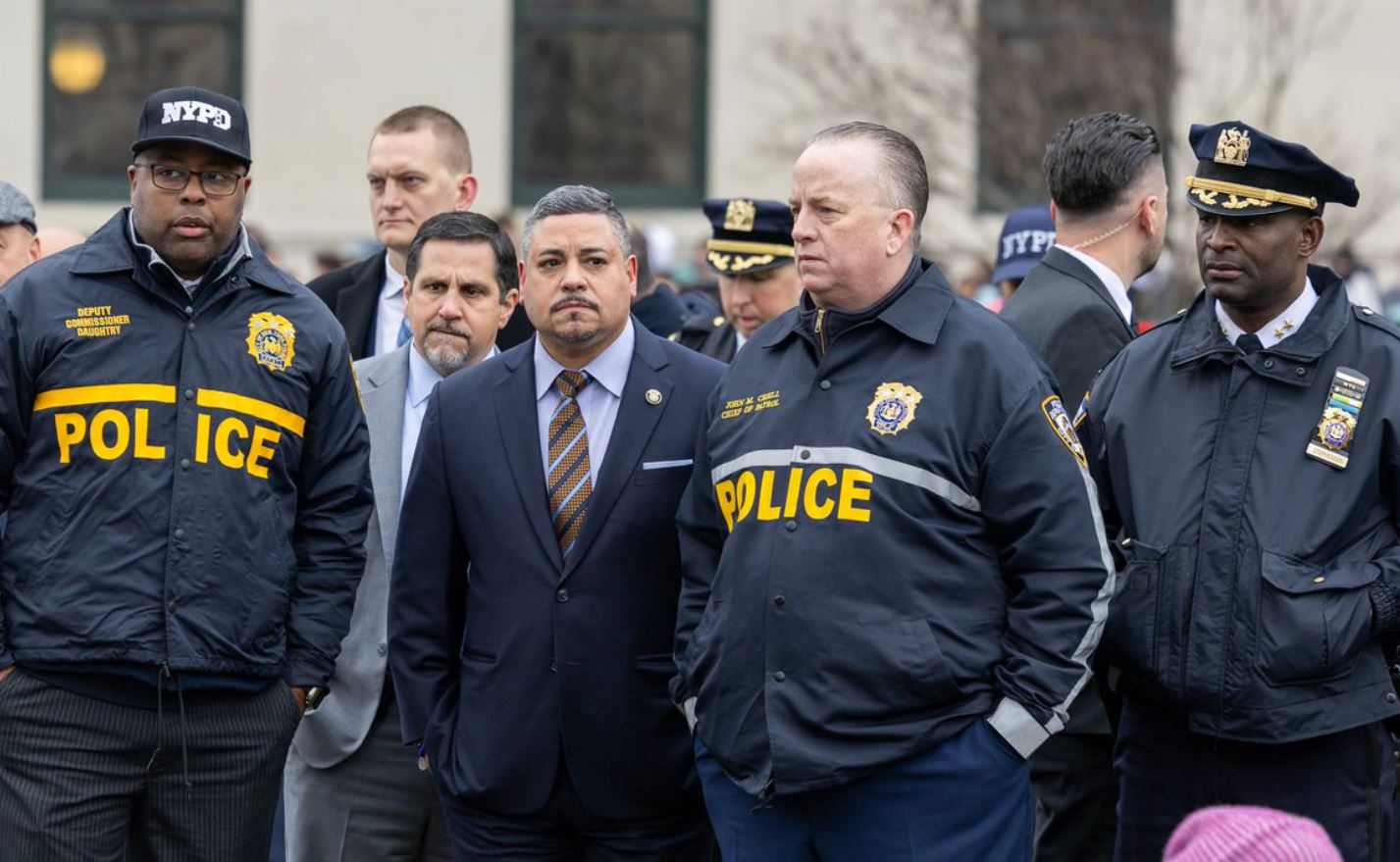The de Blasio administration is trying to find missing crime victims who are owed nearly $1 million in unclaimed cash, but the I-Team has learned that City Hall will not share key information that could help connect the beneficiaries with their money.
Often, victims of burglaries and other property crimes change addresses and phone numbers by the time defendants gets out of prison and start paying them back.
That’s why the Mayor’s Office of Criminal Justice contracts with a private company called Safe Horizon to manage an "unclaimed restitution fund." The fund, with a current balance $914,000, is set aside for crime victims who are deemed "not locatable."
Despite the fact that the beneficiaries are, by definition, missing, Safe Horizon said it is against the vendor’s policy to release any information about them, including their names.
Brian Pacheco, a spokesman for Safe Horizon, said it doesn't reveal the names of people who are owed restitution to maintain the confidentiality of crime victims.
But some crime victims and advocates for victims found it curious that City Hall and its vendor would assume victims would want to remain anonymous when publicizing their names might help connect them with cash that they are owed.
"Victims of crime have nothing to be ashamed of," said Jennifer Merin. "There’s nothing to be gained by keeping victims’ names private."
Local
Merin, whose family home was burglarized and damaged in a deed fraud scheme, said it makes sense to keep private the names of domestic or sexual violence victims. But she said that as a victim of property crime, she would want her name to be publicized if it were on the unclaimed restitution list.
Names of missing crime victims are not the only information being withheld.
In a set of emails with inconsistent information, representatives for Mayor de Blasio and Safe Horizon also declined to share the number of missing crime victims who are owed unclaimed restitution. The messages raise questions as to whether that number is regularly tracked.
Pachecho said in one email that Safe Horizon "does not systematically track the number of complainants/beneficiaries (victims) that cannot be located at a given time."
Crystal Cooper, a spokeswoman for the Mayor’s Office of Criminal Justice, also sent an email saying the number of people owed restitution are records that the mayor’s office simply does not have.
But minutes later, Sarah Solon, another spokeswoman for the mayor’s office, sent an email saying “Both Safe Horizon and MOCJ know how many people are owed money, but we are not releasing that information.”
Three hours later, a second spokesperson for Safe Horizon, Maria Corral, seemingly contradicted the Mayor’s Office again, saying, “we are working to verify information for victims who are owed money and are not locatable, and at this time do not have a number for those victims to provide you.”
Tony Herbert, a community advocate who often works with crime victims, questioned whether the mayor's office and Safe Horizon have a coherent strategy to reach out to missing beneficiaries who are owed restitution.
"I would think that the City would not want to make them a victim again and reach out and say, "Hey look, we have this for you. You should come get this,'" Herbert said.
He suggested City Hall design a database into which crime victims could type in their names to see if they are owed money paid back by defendants.
Currently, both the state and city comptroller offices have searchable unclaimed fund databases. In the past, both comptroller offices have also made the names in those databases public.
The mayor's office acknowledged a number of challenges to connecting missing victims with their money, including difficulties in getting contact information from district attorneys’ offices and the hesitancy of some victims to share their addresses out of fear.
"These problems can and should be fixed, and fixed in a way that protects the privacy and safety of survivors of crime," Solon wrote. "Improvements we are beginning to put in place include standardizing information exchange between the district attorneys' offices and Safe Horizon to ensure that any available contact information is shared quickly and completely, designing a public facing website that will allow victims to find out if they are owed restitution money in a safe and secure way and improved technology to help locate individuals who can be difficult to find."
According to Safe Horizon, staff members declare a crime victim “not locatable” after three attempts to contact that victim. The vendor did not say what constitutes an attempt. Over the last five years, the unclaimed restitution fund has gone from about $1.4 million to $914,000.
Though Safe Horizon could not say how many missing victims have claim to the cash, the nonprofit touted an increase in the number of locatable victims it has connected with restitution – outside the unclaimed restitution program.
“In the past year, Safe Horizon verified contact information for nearly 5,000 victims and distributed restitution funds to them,” Corral wrote.
She said victims in fiscal year 2016 took home a total of $8.5 million. That amounts to a 29 percent increase over fiscal year 2015, although it’s not clear whether the increase was the result of more outreach from Safe Horizon or more restitution being paid by convicts.
If you are a victim of crime in New York City who has not received restitution payments, Safe Horizon recommends you send an email to unclaimedrestitution@safehorizon.org.
The vendor said it pays out cash to beneficiaries within two weeks and makes no revenue from funds that continue to sit in the unclaimed restitution account. That interest is paid out to crime victims.



